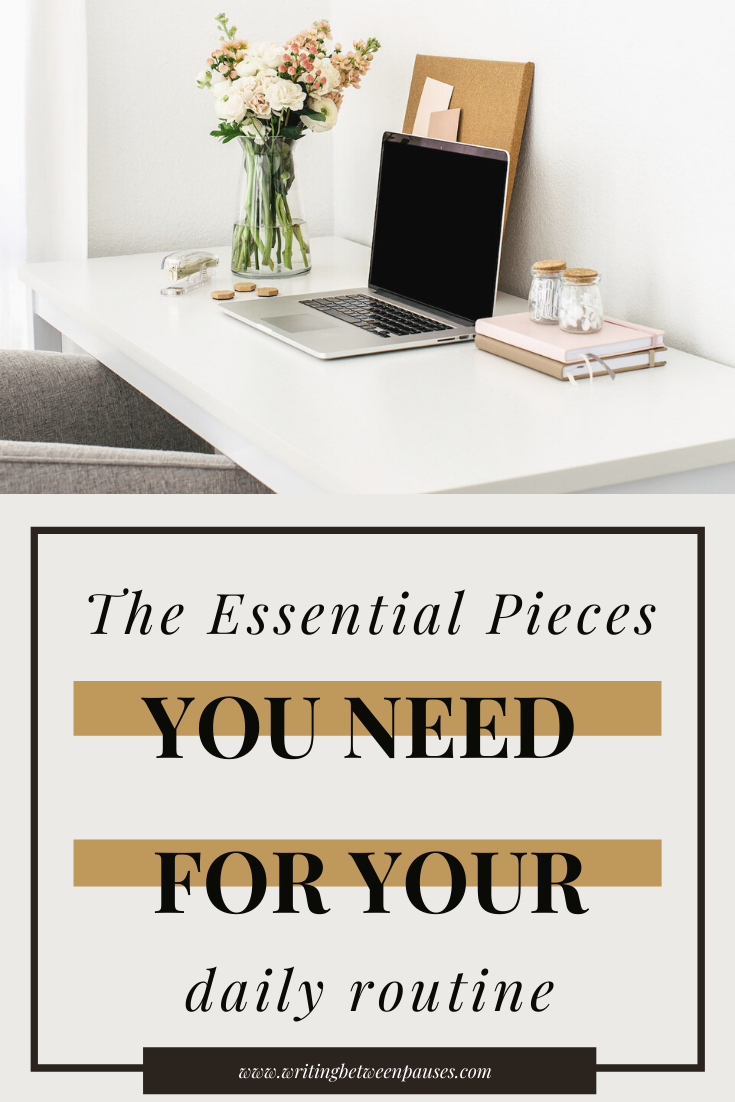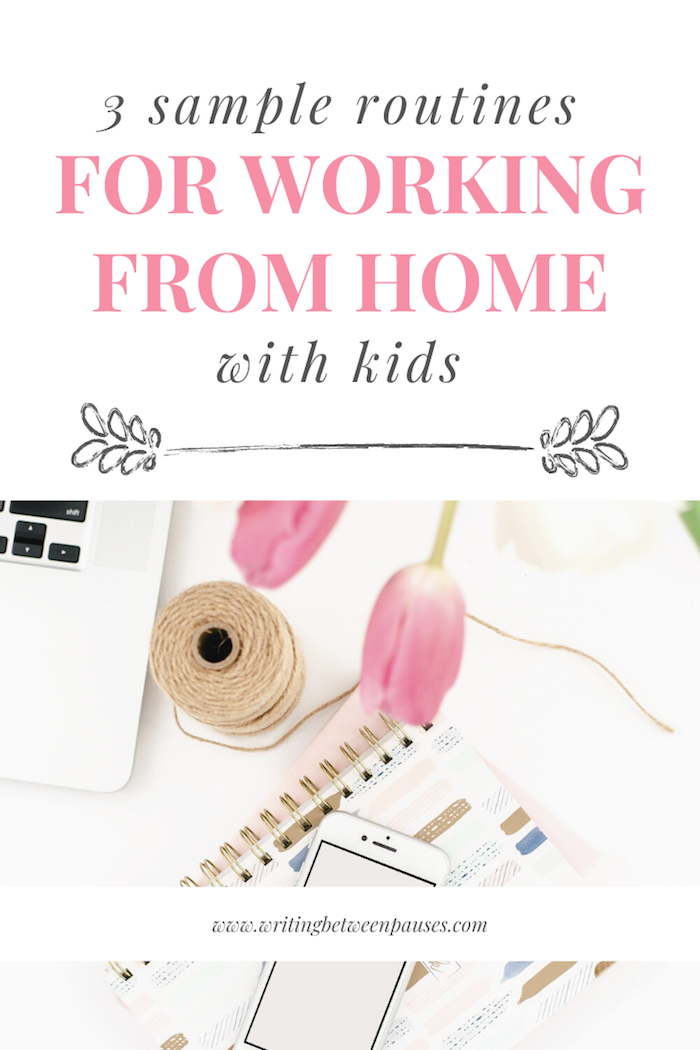I have found myself waffling back and forth between two plans lately.
Sometimes, I’m fully committed to being freelance: I post on LinkedIn, I network, I make meetings, everything.
And other times, I just wish I had a job again: a job that I turned off, that I could clean out my office for, that I could drive to everyday and have coffee provided.
If you don’t follow me on Instagram, then you don’t know the big, bad, and also very weird thing that happened to me last week. I’ll get to it!
But it’s definitely thrown me for a loop. I’ve recommitted to going freelance, even though it is hard, and makes me tired, and fills me with anxiety in ways that are both good and bad. The last few weeks have been a series of lessons, over and over. I wanted to share a few things as I know that many are on this journey with me. If you’re thinking of going freelance or becoming self-employed (or starting your own business), you’ve probably felt a few of these things. And if you, like me, have had moments of self-doubt and tried to reconnect to a different path, well, you might feel some of these too.
1. Sometimes, anxiety is self-protection.
As I wrote in my newsletter two weeks ago, my therapist often talks to me about how my anxiety and self-doubt is often me trying to protect myself. I hold myself back in ways I don’t truly understand because I’m afraid of being rejected—and then when I step outside my comfort zone and experience rejection, it just reinforces the “you should have anxiety about this,” or “you are an imposter and you aren’t good at your job” feelings. (If you aren’t subscribed to my newsletter, then, baby, please do.)
The past two weeks have been anxiety central for me. Which is crazy because I had one week where everything went fantastic: I had meetings scheduled every single day, I was networking, I was sending emails, I felt amazing. But then, the next week, it’s like it all came crashing down and I didn’t know how to cope.
Anxiety is often what I describe as a combination of my gut feeling (which is instinctual) and this buzzing in my brain that seems to resonate with “wrong, wrong, wrong, something is wrong.” It’s hard to have the two happening at the same time and wonder if one is correct and the other isn’t. It’s hard to trust myself when what I inherently think (go the easy route, don’t make waves) is often a way of protecting myself from experiencing rejection or anxiety.
Anyway, this is all to say: I’ve been working on how I react to things and how I make decisions. I sometimes jokingly say that I am a classic Libra because I can’t make decisions. But the truth is, I struggle with making big decisions because I tend to make life decisions focused on what other people would want, rather than what I would want myself.
2. My gut feeling is usually correct.
It’s time for me to write the big, bad, weird story here & talk a little bit more about what it made me learn.
This might feel a little contradictory to my last point, but I sometimes just get a gut feeling about things. This won’t go well or This doesn’t seem right. It’s not anxiety, exactly, but sometimes a part of it. Sometimes, it’s just a feeling I have that I can’t totally explain.
Anyway, let’s talk about the big bad: I was offered a job.
Let’s rewind: two weeks ago, I went to an interview where they loved me. I met with an executive, who thought I would be great in the role, but wouldn’t be happy. She then offered to accelerate starting their marketing department so that I would be added to it. She would get back to me in a few days. A few days later, we scheduled a phone call. I clarified my schedule (I want to be able to pick up my son in the afternoon, but I could work from home as much they wanted). They had never done a remote position before, but were willing to try. She said they would be sending a job offer by the next day.
The next day, Tuesday of last week, I woke up from a nap to see an email from her, telling me they would not be sending me a job offer specifically because I wanted to be able to pick up my son in the afternoon.
I know this is not the worst example of anti-mom bias in the workplace. I know that. I also know I’m in a really privileged position to be able to ask for that, but I don’t think it should be a privilege. I think it should be assumed that parents need to be able to leave to get their kids when school is over, but if they work a job that is 100% online the way marketing is, then why can’t they just finish up the last two hours of work from home?! I just don’t get it.
I cried a lot.
But, I had been nervous about getting the job offer. I’d debated back and forth with Danny about accepting it. And a small part of me on Tuesday thought: this isn’t right. This isn’t going to happen the way I think it will.
Even as I got excited to accept the job. Even when I thought about the salary and how it would have changed our lives. (We could afford a vacation, for once.)
I was still devastated when I got the email, but I found myself thinking: that gut feeling was right. That feeling I got that they wouldn’t be understanding of my role as a caretaker and mother was right. I was right. It still royally sucked, but I was right. It just sucks.
3. Sometimes, a bad thing leads to a good thing.
The day after I got that awful, no good email, I got a text message about a potential freelance gig. I was groggy, with that “hungover from crying” feeling. I was in a bad mood all day, mostly lying on the couch and sometimes texting Danny, “I had already planned a celebratory Disneyland trip in my mind.” (Yes, I know that is full-blown emo, but what can I say?)
But I scheduled another meeting for a freelance gig. Because why not? Because why stop myself just because I’ve had a rough week?
4. It’s ok to get in your feelings about it—but sometimes your primary feeling isn’t the right one.
As I said, I cried a lot last Tuesday. (And unfortunately, a lot of this blog post is about that email on Tuesday. God, it sucked!) I cried a lot and even though I’d had this gut feeling that it wasn’t the right job for me even though it paid so well and I wouldn’t have to worry about money and it seemed perfect… I still had the feeling that it wasn’t quite right.
But I also had that feeling of: I’m a failure, I fucked up, I’m stupid, I shouldn’t even apply to jobs because no one wants to hire a mother, everyone thinks I’m an idiot.
But then I talked to my former boss and she told me that there was no reason blaming myself. What kind of company offers someone a job, then yanks it away because they decide they don’t like the already agreed upon schedule? Especially in marketing, where a flexible schedule is sort of… the point of working in marketing? “Be angry,” she said.
The right thing is not: “I fucked up.” The right thing is: “they fucked up and I’m so angry.”
The worst part is that companies here in Eugene so often complain about being unable to hire good talent. They can’t find people to hire or the people who apply don’t have enough experience. I have 5 years experience; I am a high level marketer; I’m very good at what I do! I am the good talent! But because businesses see “work” as being 40-60+ hours a week in an office, no exceptions, they aren’t willing to accept people who might need other schedules: mothers, or people with disabilities, or anyone else who just doesn’t want to be chained to a desk. Millennials have a much different view about what it means to work “full time” and it’s time for everyone else to catch up.
I sat up on Tuesday night until nearly 3 am writing a blisteringly angry article for LinkedIn. I probably won’t post it, but God, it felt good.
5. It’s ok to be content.
“I should be making more money,” I thought. But is that right? Do I need to be making more money?
If you can’t tell, a big part of why the loss of that job offer sucked is because the salary was good. Full disclosure, I’ve never been motivated by money when it comes to my jobs; I just want to work and to be quite honest, I have a really hard time understanding salary comparisons. I have known, at least somewhat, that as a marketer I should have been making more money ages ago, but it didn’t really matter to me. We got by.
It’s only been the last probably year where things felt really tight, but that was for reasons sort of beyond our control. We had a year of bad financial set backs and then, in 2019, my workplace was becoming more and more financially unstable as well. (Again, no one’s fault! Just the way the cookie crumbles.)
So the idea of a lot more money was huge. We haven’t been on a real vacation since we went to Disneyland in June 2017 and friends, I am exhausted. I think about getting in my car and just driving away at least once every single day. I have worked, for at least 5 hours, every single day since June 2017 on either this blog, or work, or some other professional capacity.
As much as I wish we could be saving more money, I have also realized it’s ok to just get by for a little while, especially if it means improving my mental health. Money is nice and I wish we could afford a trip to take a break (we both need, Forrest needs it), but I’m ok with waiting if it means I’m not continually being punched in the gut by companies!






















